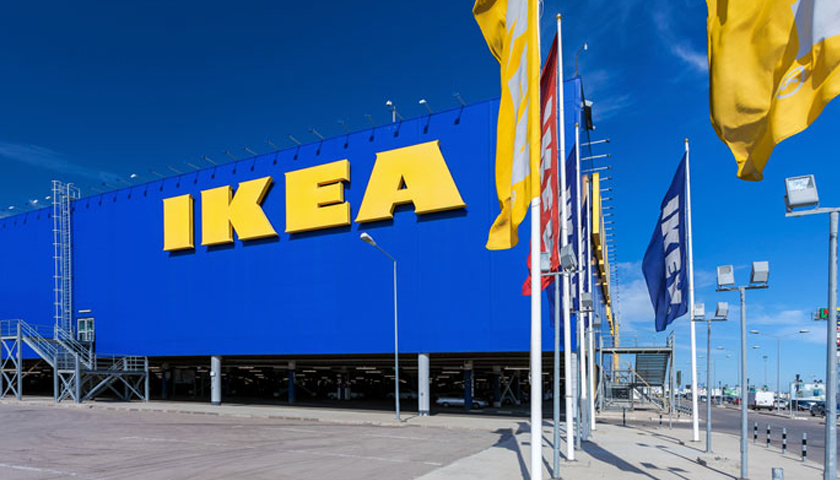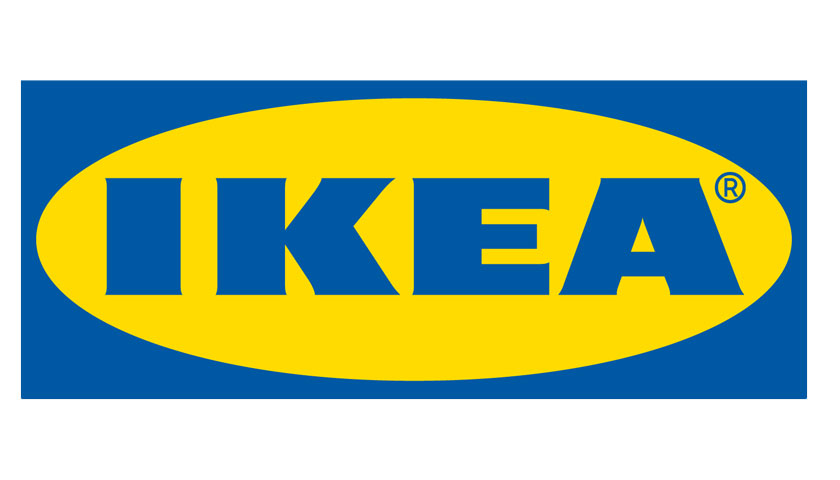Almost two-thirds of the IKEA climate footprint is directly connected to the supply chain, including production at suppliers. To contribute to limit climate change to 1.5°C by drastically reducing greenhouse gas emissions, a programme was introduced in June 2021 to enable suppliers to purchase renewable electricity as a complement to the financing of on-site generation of renewable energy*.
Striving towards 100% renewable energy
Due to the good progress, IKEA has decided to include ten additional markets in the programme: The Czech Republic, Germany, Italy, Lithuania, Portugal, Romania, Slovakia, Sweden, Türkiye, and Vietnam. The combined electricity consumption for production in these markets stands for 0.27 million tonnes CO2 eq, or 13% of the climate footprint from production. The rollout starts during the calendar year 2023.
“Striving towards 100% renewable energy is critical to limit climate change to 1.5°C. We know that many of our supply partners struggle to purchase 100% renewable electricity and that only a part can be generated on-site. By working together, we have shown that it’s possible to make renewable electricity both accessible and more affordable. We hope this also inspires other businesses to support their suppliers in the same way,” says Andreas Rangel Ahrens, Head of Climate, Inter IKEA Group.
Increased share of renewable electricity
The initial focus of the programme was on the three markets where the climate footprint from electricity consumption was the highest – China, India, and Poland. Mainly driven by the programme, the renewable electricity share for production in China increased from 32% in FY21 to 64% in FY22. Offers for affordable renewable electricity contracts in India and Poland have been successfully finalised and will come into effect during FY23. In Poland, Power Purchase Agreements (PPAs) from wind and solar with at least 50% cheaper electricity compared to the market price were secured.
*IKEA combines two offerings to assist the suppliers to achieve 100% renewable energy consumption in their operations. The offerings are:
The programme enables direct suppliers to purchase 100% renewable electricity
IKEA will provide local solutions, such as bundled framework agreements and Power Purchase Agreements to purchase renewable electricity from the grid, thus enabling its direct suppliers to consume 100% renewable electricity in their production. This can cover the electricity demands of the supplier, which cannot be generated on-site.
This offer for direct supplier can be combined with the previously announced offer to finance renewable energy generated on-site (electricity, heating & cooling)
All heating and about 15% of electricity consumption of the suppliers can be addressed by on-site investments with installations of for example solar panels and boilers. This is achieved through the 100 MEUR financing of renewable energy announced in Dec 2019.
The programme is a critical contribution to reaching our science-based targets that are aligned with the 1.5°C ambition and supports the IKEA long-term commitment to become climate positive by FY30 by reducing more greenhouse gas emissions than the value chain emits, while growing the IKEA business. This includes a goal to reduce the absolute greenhouse gas emissions from production by FY30, compared to baseline year FY16.
In FY21, IKEA joined the ‘1.5°C Supply Chain Leaders’ initiative, where leading companies share their commitment and learnings from engaging their supply chains to limit climate change to 1.5°C. The initiative is hosted by Exponential Roadmap Initiative, an official partner of the UNFCCC Race to Zero campaign that is rallying non-state actors to take rigorous and immediate action to halve global emissions by 2030.


